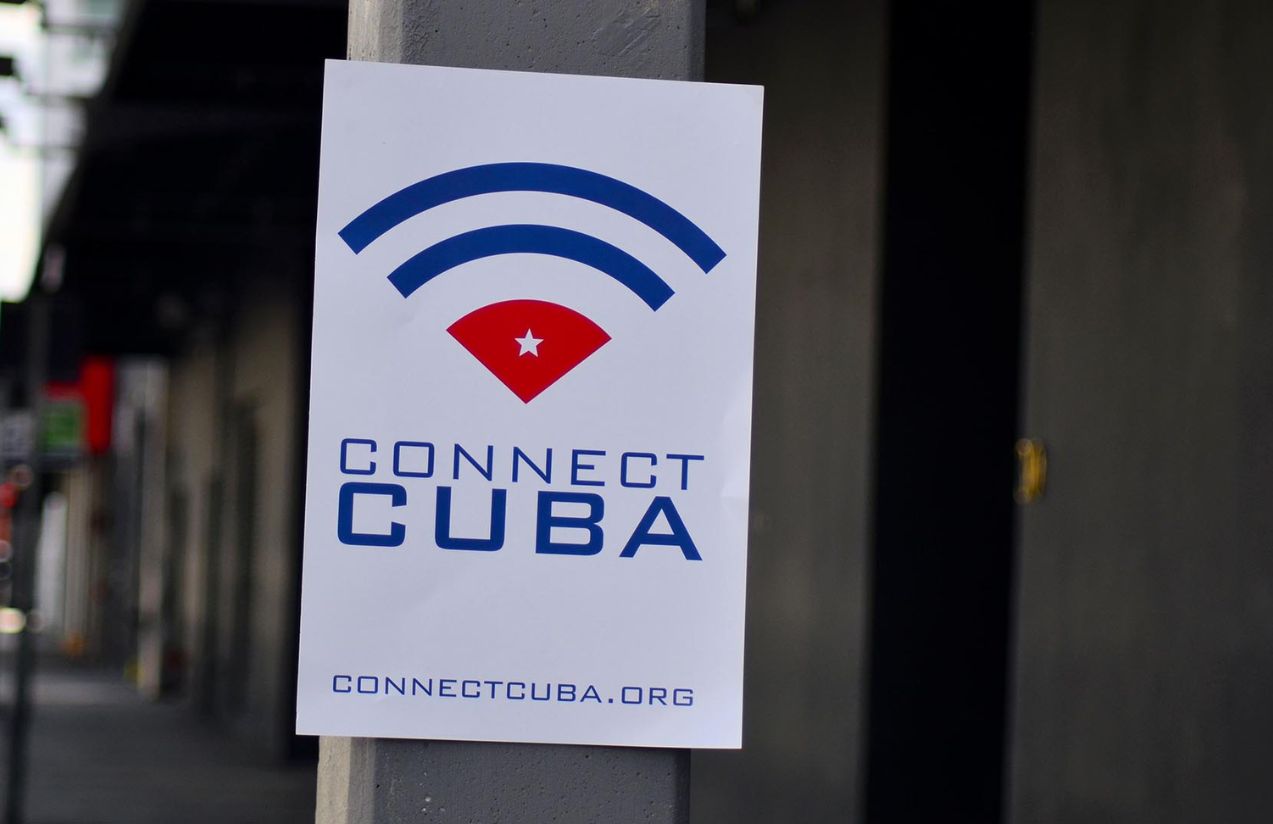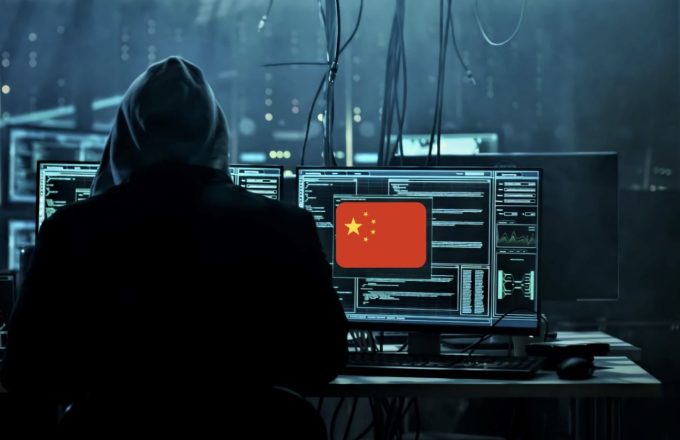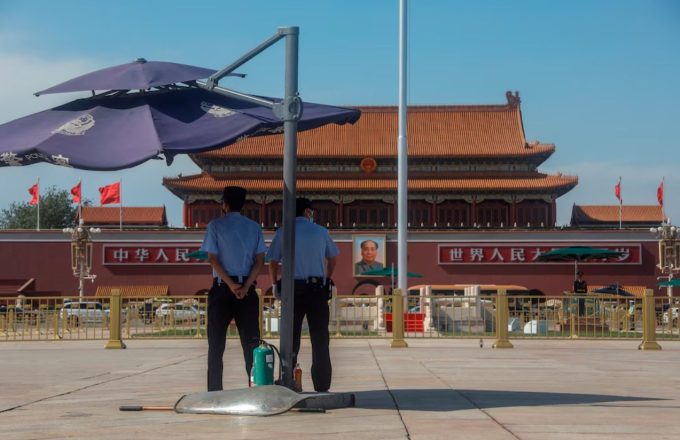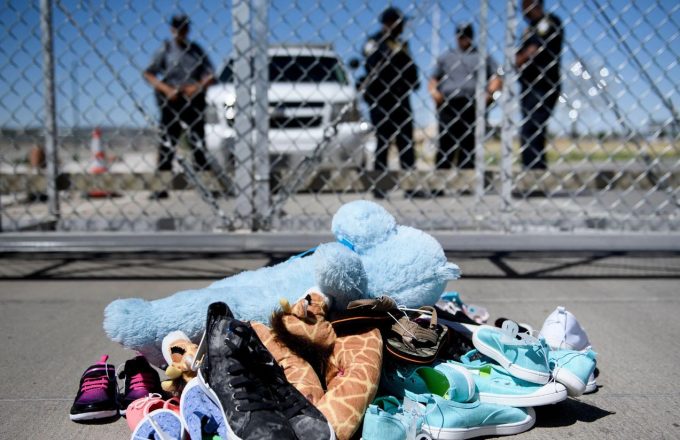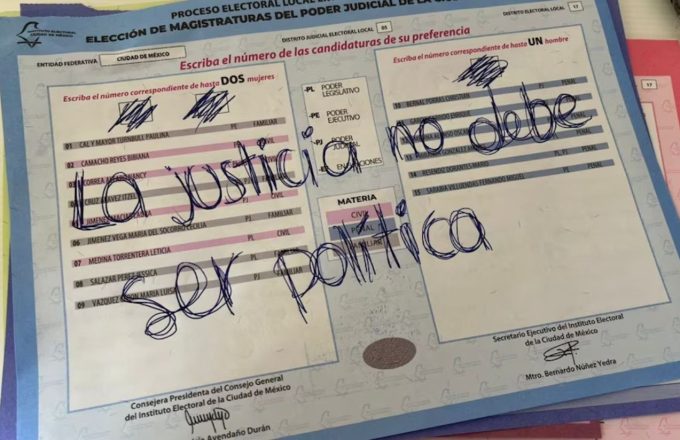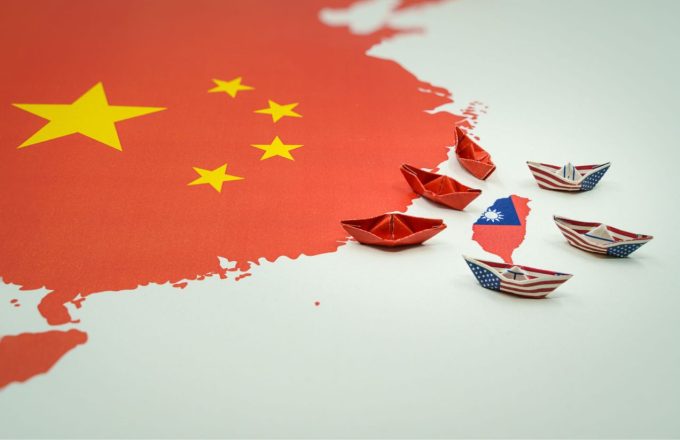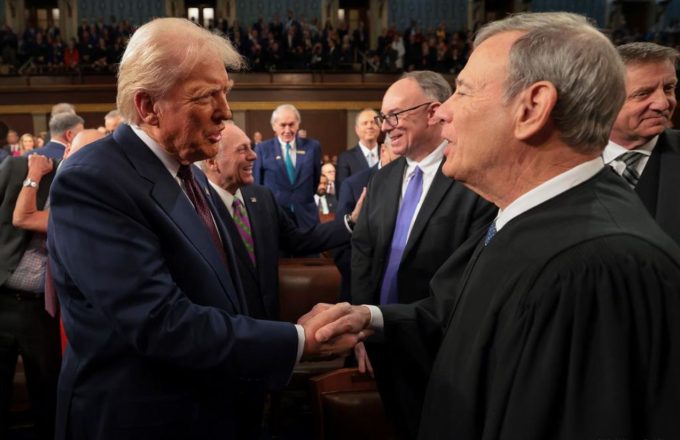Cuban leader Miguel Díaz-Canel has defended the recent hike in internet service prices on the island, despite widespread criticism and public discontent. He claimed the increased revenue is essential to prevent a “technological collapse” and the imminent breakdown of the country’s telecommunications system.
In an episode of his podcast From the Presidency, Díaz-Canel addressed the controversy sparked by the price increase imposed by the state telecommunications monopoly, ETECSA, and the partial dollarization of certain services—an especially complex issue in a country where most citizens lack access to foreign currency.
“To forgo implementing these measures would mean forgoing income without which the already imminent collapse of the service would accelerate,” he said.
The plan, announced on May 30 and implemented two days later, offers a basic monthly package of 6 GB for 360 Cuban pesos (about 3 U.S. dollars at the official exchange rate for individuals). Beyond that, top-ups often exceed the minimum wage or must be paid in foreign currency.
The backlash, particularly from university communities, pushed ETECSA to introduce a second basic package targeted at specific groups like students, who labeled the initial measure as exclusionary. “We didn’t want to take this step, but it had to be done,” insisted Díaz-Canel. He admitted that his administration takes no pleasure in “any measure that limits benefits,” but stressed the importance of “thoroughly explaining” the situation, asserting that the main issue is one of “communication.”
ETECSA president Tania Velázquez said the new tariffs are critical in light of the deteriorating telecom infrastructure, warning of potentially “severe partial or even general disruptions” in service.
Velázquez revealed that more than 100 radio base stations are out of service and cannot be replaced, while over 2,000 lack batteries, making them inoperative during the island’s frequent blackouts. She also mentioned around 25,000 damaged telephone units that ETECSA is unable to replace, and a shortage of SIM cards that prevents the sale of new lines. Many facilities also lack proper cooling systems, further complicating maintenance efforts.
“Many platforms and pieces of equipment are at imminent risk of failure, which could seriously, even completely, disrupt access to our services,” she warned. She added that continued technological development will require new investments in foreign currency.
According to Velázquez, foreign currency revenues—mainly from mobile top-ups made abroad—have dropped 77% between 2018 and 2024. She attributed the decline to the “hijacking of international top-ups,” which are now more competitively priced in the informal market (where the dollar trades at around 370 pesos) compared to the state’s official rate of 120 pesos per dollar.
The discontent has deeply resonated within academic circles. The Faculty of Psychology at the University of Havana issued a public statement urging other faculties to join in opposition to the ETECSA price hike. The letter demanded the removal of student union leaders from the Federation of University Students (FEU) and condemned any potential reprisals against students or faculty.
Addressed to the FEU Council at the University, the FEU National Council, and the university’s leadership, the statement expressed a “firm intention to unify the faculties that comprise the University of Havana” and called for an open “public forum for dialogue” where students could take the lead.
The letter also called for a review of the current leadership of the FEU at the University of Havana and demanded the resignation of FEU national president Ricardo Rodríguez González, citing his inability to represent the student body.
The initiative gained support from the Faculty of Philosophy, History, Sociology, and Social Work, which had already called for the dismissal of student representatives seen as aligned with the regime.


